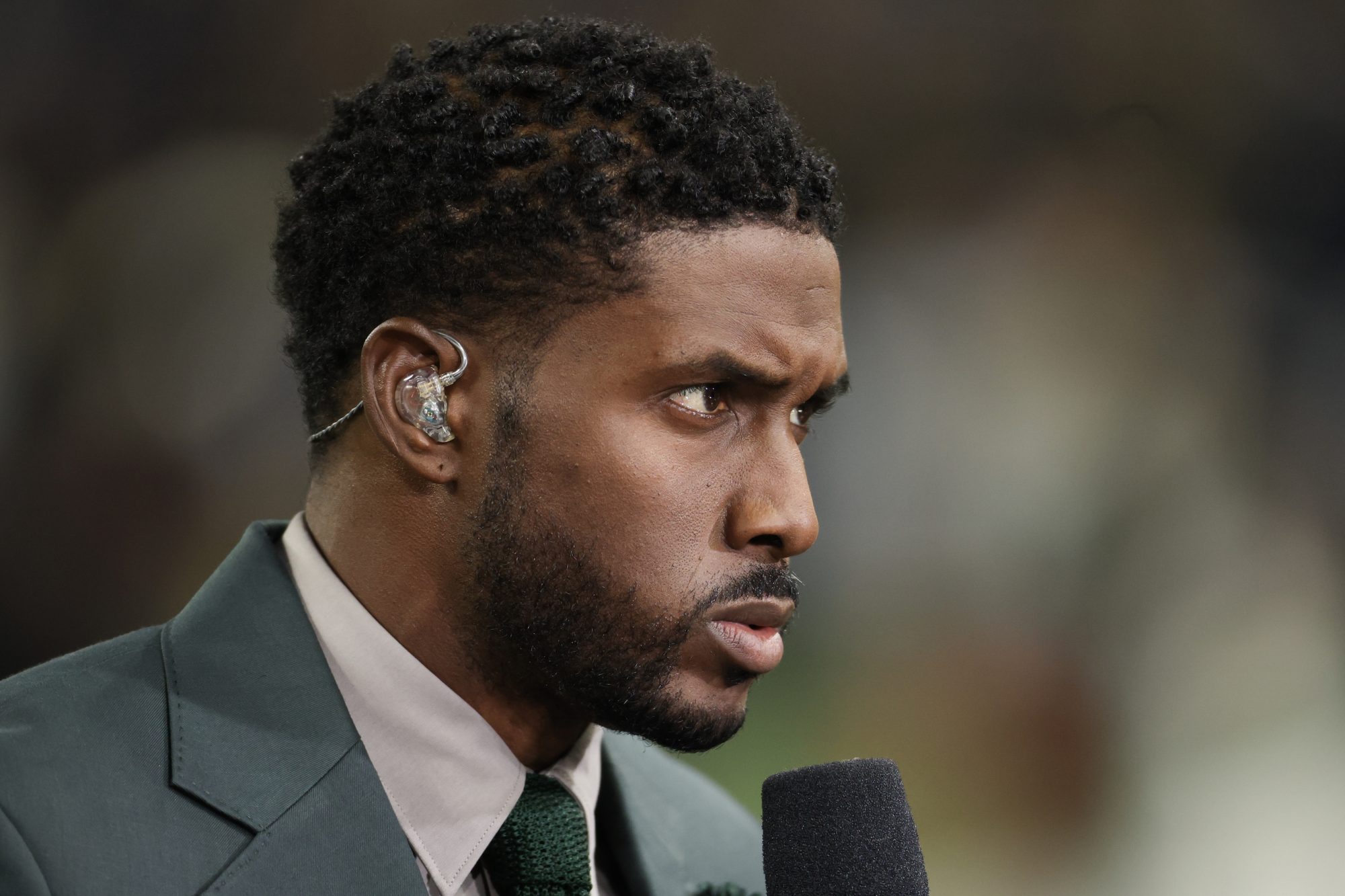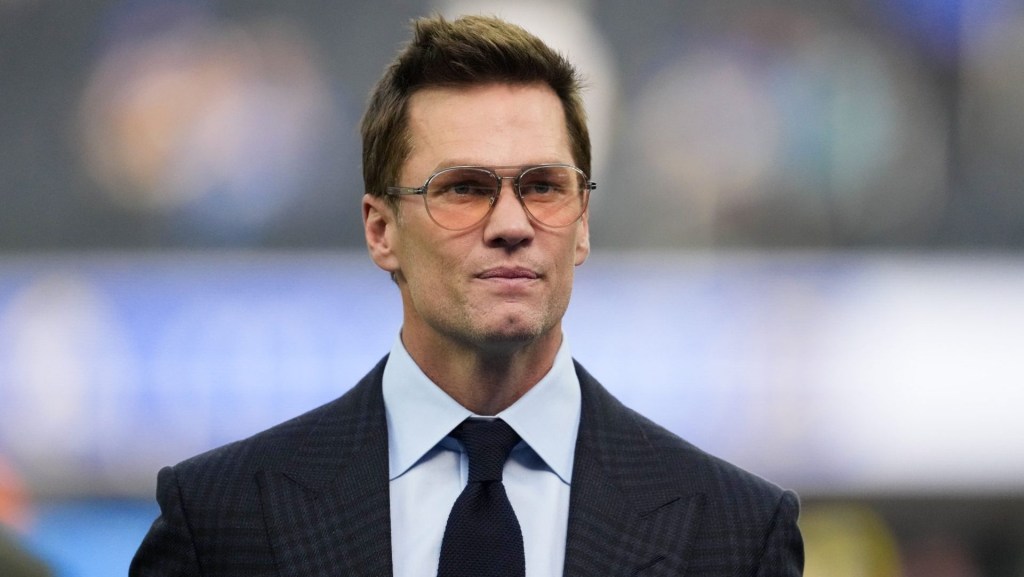On Wednesday, the Heisman Trophy Trust announced that, after more than a decade, former USC running back Reggie Bush would get his Heisman Trophy back. But his fight against the NCAA isn’t over.
On Thursday, Bush confirmed he is not dismissing a 2023 defamation lawsuit against the NCAA because the governing body still has not reversed the infractions decision that resulted in revoking the accolade in the first place.
“[The Heisman Trust] had the courage to step up and do the right thing, and go around the NCAA—and say we don’t care that the NCAA’s not going to do the right thing. We’re going to do the right thing,” co-counsel Levi McCathern explained. Co-counsel Ben Crump, a prominent civil rights attorney, asked: “When is the NCAA going to get on the right side of history?”
After a 2010 NCAA investigation found Bush accepted impermissible benefits from a “marketing agency,” his records were vacated, and he was forced to return his Heisman and disassociate from USC. (At the time, the ruling was criticized by a federal court.) But after name, image, and likeness rules came into effect, an NCAA spokesperson said the governing body would not revisit the case, suggesting Bush had engaged in “pay-for-play.” Bush filed a defamation lawsuit against the NCAA in August 2023 over those comments, not only reiterating that the 2010 ruling was wrong, but also saying that the “pay-for-play” accusation was a “new” and defamatory allegation.
The Heisman Trust said it would be happy to re-award the trophy if the NCAA reversed its infractions ruling. But while the trust reversed course, the NCAA still hasn’t changed its decision. As a result, Bush will continue fighting in court, as his illustrious career will still not be honored in the NCAA record books, and his name is still tarnished in the college sports world. Bush told a group of reporters after the press conference had wrapped that the next step in the lawsuit would be getting his USC national championship records reinstated. (An NCAA spokesperson never answered Front Office Sports’ Wednesday request for comment on whether the governing body had decided to reverse the infractions decision.)
Bush and his legal team appear to also be using the lawsuit as a way to advocate for widespread change in the NCAA. Crump specifically noted that other Heisman winners “agreed that the NCAA has a history of discriminating against inner-city, young minority athletes, especially young Black athletes.”
Bush implied that players should be compensated for playing football and basketball specifically—and that NIL was not the answer. “College football is king. … It is a multibillion-dollar business. Billions of dollars are made off of these kids, who are getting nothing.” Of his own experience, he echoed infamous comments made by former UConn men’s basketball player Shabazz Napier a decade ago. “There’s days where we were hungry,” Bush said. “Starving.” He spoke about having to scrape together peanut butter and jelly sandwiches on nights when the dining hall had closed, and he didn’t have enough money to purchase his own dinner.
“I think these kids—they deserve more.”







![[Subscription Customers Only] Jun 15, 2025; Seattle, Washington, USA; Botafogo owner John Textor inside the stadium before the match during a group stage match of the 2025 FIFA Club World Cup at Lumen Field.](https://frontofficesports.com/wp-content/uploads/2026/02/USATSI_26465842_168416386_lowres-scaled.jpg?quality=100&w=1024)
![[Subscription Customers Only] Jul 13, 2025; East Rutherford, New Jersey, USA; Chelsea FC midfielder Cole Palmer (10) celebrates winning the final of the 2025 FIFA Club World Cup at MetLife Stadium](https://frontofficesports.com/wp-content/uploads/2026/02/USATSI_26636703-scaled-e1770932227605.jpg?quality=100&w=1024)








